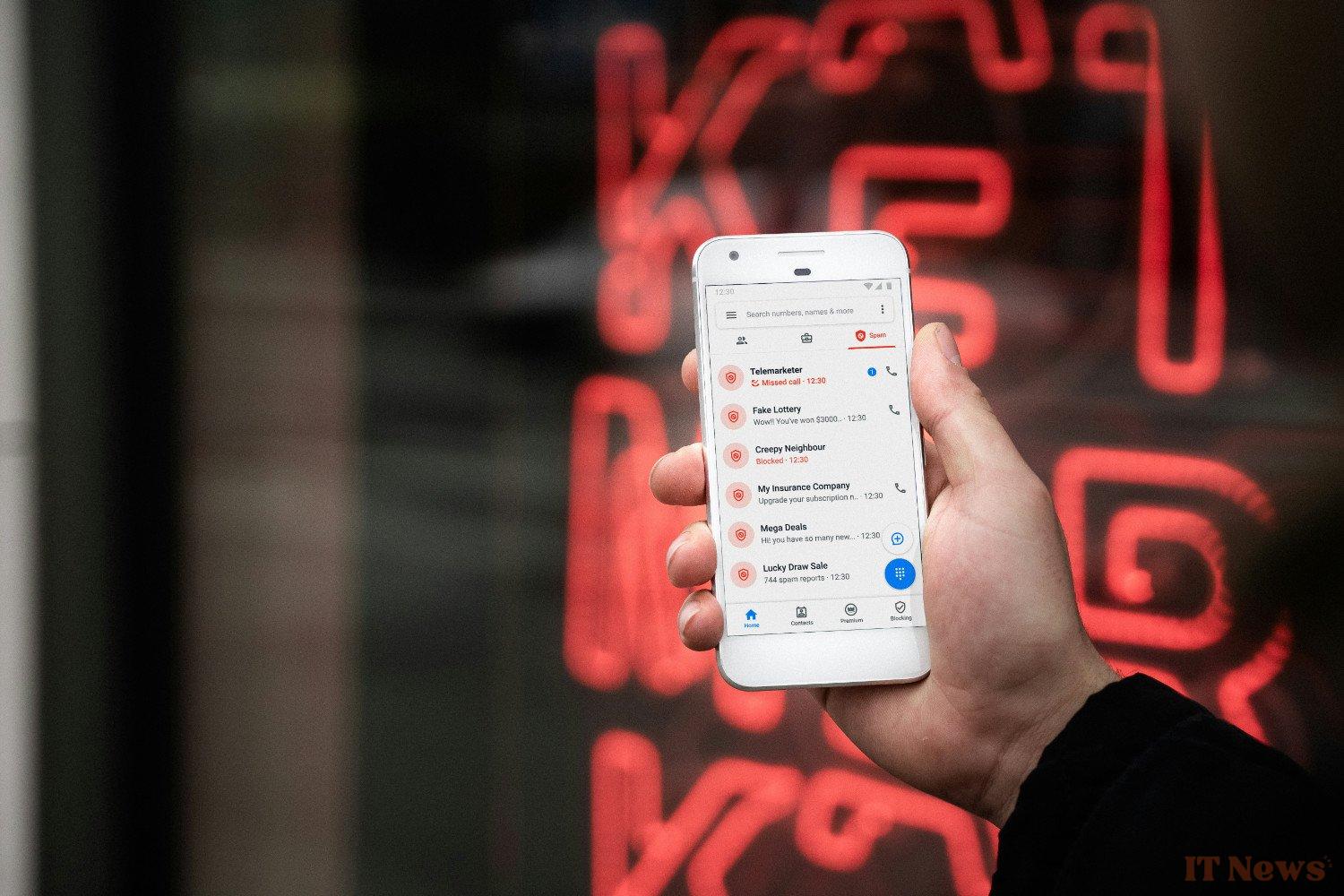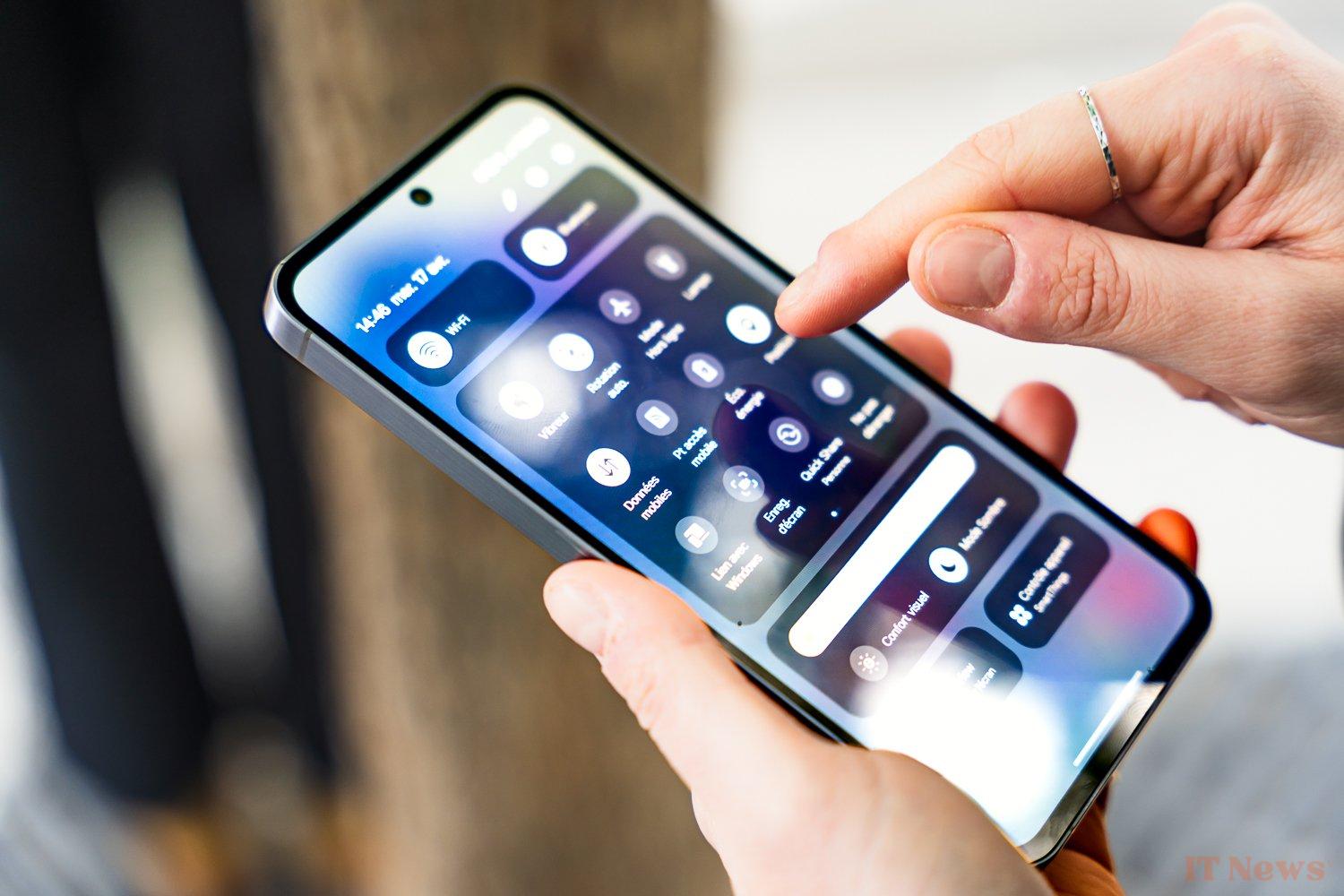UFC-Que Choisir warns that consumers regularly discover multimedia subscriptions billed directly on their telephone bill without having given their consent. These deductions, often for small amounts, go unnoticed for months before being detected.
Consumers discover payments they never validated
Subscribers continue to notice unexplained deductions on their telephone bill, linked to multimedia subscriptions to which they never subscribed. Behind these transactions, a micropayment system, called Internet +, allows service providers to bill directly via telephone operators. While this solution is supposed to offer simplicity and security, it also brings its share of unpleasant surprises.
For example, a Bouygues Telecom customer accidentally noticed that a service called Chipstime had been charging him €2.99 every week for three months. After several discussions with his operator, he was able to terminate the subscription and obtain a refund. Another customer, this time with Orange, discovered that he had been billed for nearly four years for a service called Replay TV France. Despite his complaints, he only received a partial refund. Like him, many consumers have reported similar cases on forums and to associations such as UFC-Que Choisir.
A micropayment system prone to abuse
The platforms concerned (Chipstime, PlayVod, Playzer and 360 VR Tube, among others) use the Internet + system, a billing method set up in 2005. This system allows you to activate a subscription in just a few clicks, without having to provide banking or personal information. For operators, it is a significant source of income, since they receive a share of the sums collected before paying the rest to publishers.
Over the years, several measures have been taken to limit involuntary subscriptions. From now on, all subscriptions must be confirmed by sending two text messages and a spending limit of €300 per billing period has been introduced. The French Association for the Development of Multi-Operator Multimedia Services and Usage (Af2m) assures that these actions have helped reduce reports. Yet consumers continue to discover payments they don’t understand.
Subscriptions activated with one click
These subscriptions can be taken out without the user realizing it. A simple rub of the screen in a pocket or a misplaced click on an advertisement can be enough to validate a purchase. In other cases, a child playing with their parents' phone can inadvertently activate a service. Confirmation text messages that are supposed to warn subscribers are often ignored, confused with advertising or fraudulent messages.
Some solutions could limit these practices, such as requiring formal identification before any subscription or blocking the Internet + option by default. But these measures, which would reduce the profitability of the system, are not being considered by operators and publishers. In 2023, this market generated more than 650 million euros.
How can these bills be avoided?
As UFC-Que Choisir points out, it is possible to activate a blocking option in your operator's customer area. This measure prevents any payment via Internet +, thus reducing the risk of involuntary subscription.
If a suspicious charge is spotted on the invoice, several steps can be taken. For example, it is recommended to start by identifying the publisher of the service using the site Surmafacture.fr, which provides access to the contact details of the companies concerned. Once this information has been obtained, you must contact the publisher to request termination and, if possible, reimbursement of the amounts received. For recent subscriptions, a 14-day right of withdrawal applies, offering an additional possibility of recovering your money.
Finally, staying vigilant by regularly checking your mobile bills allows you to quickly spot any unusual charges, such as amounts outside your plan, and thus avoid unpleasant surprises.
Source: UFC-Que Choisir




0 Comments